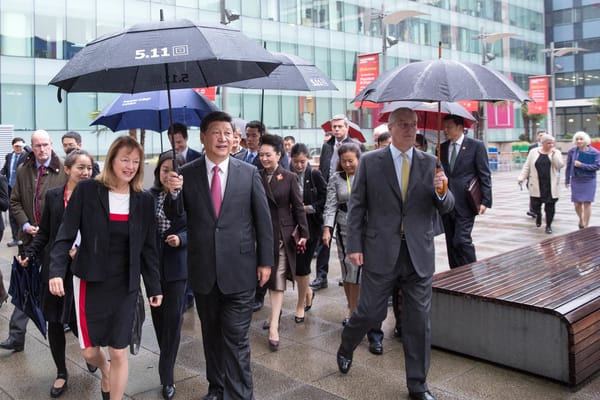My period is not a luxury
Hundreds of male MPs vote to continue charging women for having vaginas

As a student, the list of items I would define as “luxury” is quite long. Branded chocolate, new razors, shoes without holes in – for all these things there is a feasible, if less appealing, alternative.
So, when HMRC classify sanitary products as part of this list, what alternative could they possibly have in mind?
The rules surrounding VAT (Value Added Tax) are bizarre to say the least. On the whole, VAT is meant to be a tax on items that people don’t absolutely need, but buy to increase their quality of life above a standard level. It follows that there are some things that are classed as essential, and are subject to no VAT at all.
The list of items deemed essential enough to avoid VAT is extensive, and includes such necessities as sandwiches (but only if they’re cold), nuts (if the shells aren’t removed) and biscuits (unless, god forbid, they’re chocolate-covered).
Also on the list are incontinence pads; this one is understandable, as not-wetting-yourself-everywhere seems like a fairly basic requirement for a reasonably comfortable life. You might expect that not-leaking-menstrual-fluid-everywhere would hold similar status. Apparently not.
Currently, sanitary products count as ‘non essential luxury items’, and are subject to a VAT rate of 5%. This has already been reduced from 17.5% in 2001 after a campaign under Brown’s Labour government, but the question remains: why is it not 0%?
At the time the initial reduction was announced, it was not possible to reduce it to zero because of certain EU regulations. On Monday, a vote was held in the House of Commons on the proposal to negotiate the matter with the EU, and was defeated 305-287.
In the flurry of commentaries following it, there seems to be one common theme in support of the result: there are more important things to be worrying about.
While I understand this to some extent – 5% is hardly a huge burden on the buyer – it is the principle of the thing that has made people so irate.
It is inarguably a tax that charges women for managing a bodily function they do not choose to have, and the fact that MPs voted against getting rid of it is far more disturbing than the tax itself.
VAT rules are weird anyway, and 5% isn’t that much – but the message that the House of Commons has sent with this vote is clear: equality is just not that important.









